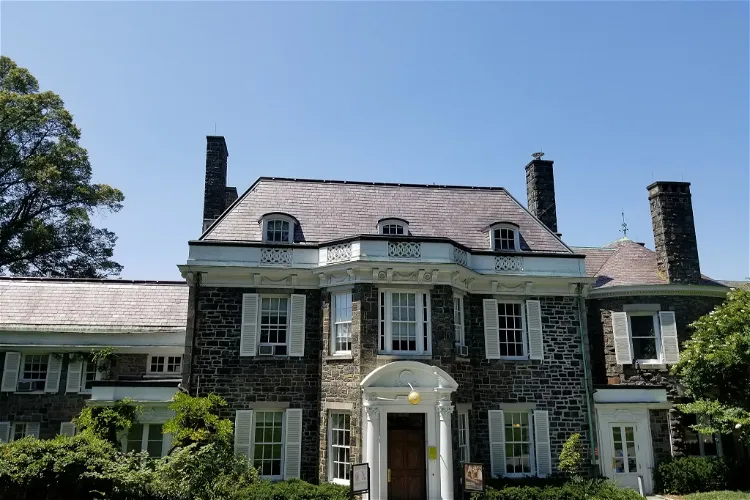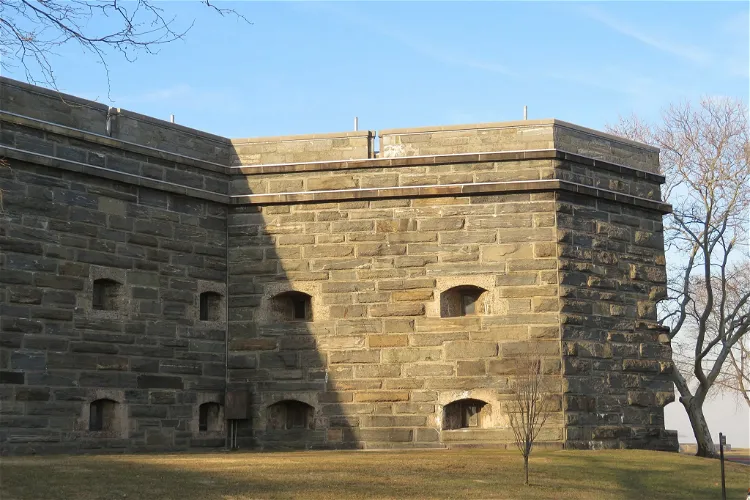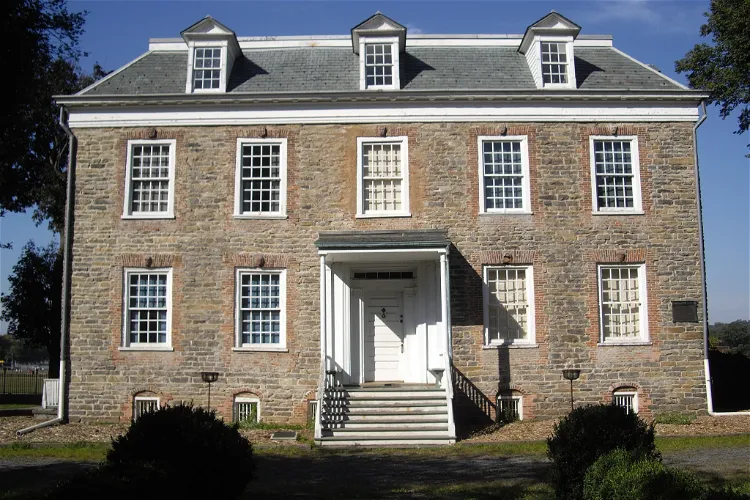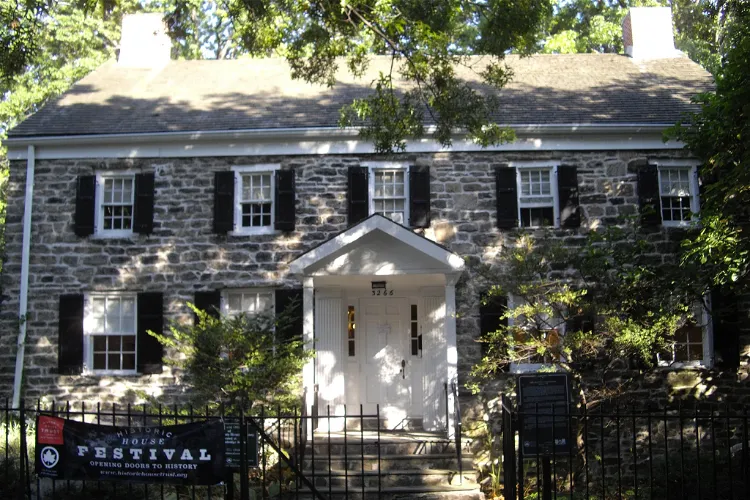Are you interested in exploring historic homes? Here are the must-see historic houses in Bronx:

Wave Hill
Bronx, NYWave Hill is a sprawling 28-acre estate located in the Hudson Hill section of Riverdale in the Bronx, New York City. The estate is home to public horticultural gardens and a cultural center, offering a unique blend of nature and culture to its visitors. The gardens and cultural center are situated on slopes overlooking the Hudson River, providing expansive views across the river to the New Jersey Palisades.
Fort Schuyler
Bronx, NYFort Schuyler is a well-preserved fortification from the 19th century, located in the borough of the Bronx in New York City. This historical site offers a unique glimpse into the past, showcasing the architectural and military strategies of the time. It is a significant landmark that represents a part of the city's rich history.
Van Cortlandt House Museum
Bronx, NYThe Van Cortlandt House Museum, also referred to as the Frederick Van Cortlandt House or simply the Van Cortlandt House, holds the distinction of being the oldest building in the Bronx district of New York City. This historical landmark is nestled in the southwestern part of the approximately 450-hectare Van Cortlandt Park in the Riverdale neighborhood and is accessible via Broadway (U.S. Route 9).
Valentine–Varian House
Bronx, NYThe Valentine–Varian House, located in the Norwood neighborhood of the Bronx, New York City, is a historic site with a rich history. Built in 1758 by Isaac Valentine, it stands as the Bronx's second oldest house and oldest remaining farmhouse. This two-story, five bay fieldstone residence with a gable roof is a testament to the architectural style of the time. It was moved to its current location in 1965 and underwent restoration between July 1965 and May 1968.